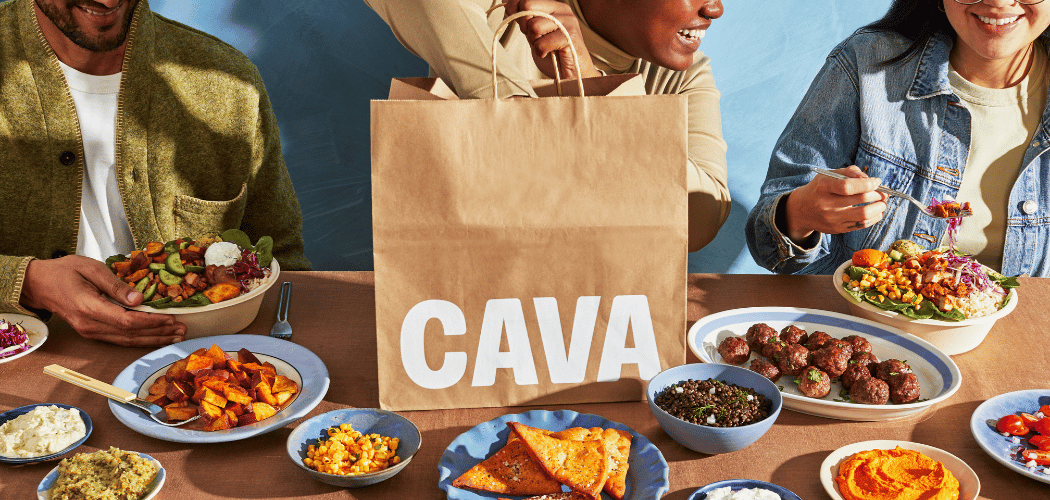QSR Subscription Services: The Missing Ingredient?
People buy food when they’re hungry. It’s a fact that’s been up and running for thousands of years; it's one of the basic tenets of commercial enterprise anywhere you go. It’s simple, convenient, and no matter how many layers of marketing any particular business in the food industry chooses to pile on, the core nature of this interaction has fundamentally remained unchanged.
But change may be indeed on the menu. Subscription services — a tool largely reserved for service-based and digital products — are being introduced into the QSR industry. And the implications are compelling.
Taco Bell is serving up the latest example of subscription-based meal plans, allowing diners to pay a set-term fee to receive an allocated number of meals over an established time period. In its current iteration, Taco Bell’s subscription model — available across 20 participating restaurants in Tucson, Arizona — enables customers to receive one taco a day for 30 days. This “Taco Lover’s Pass” is an app-based initiative that costs $5-$10 per month, depending on the store location, and it’s currently slated to run through November 24th.
Convenience is the name of the game here, and not just in the digital realm. The tacos included in the subscription pose purposeful variety, with flavors including a soft taco, spicy potato soft taco, crunchy tacos, and Doritos tacos. The program architecture is built right into the standard Taco Bell app: once a customer purchases their subscription, a special section within the app is unlocked, enabling members to add their taco to their cart during the checkout process.
This is a bold endeavor, and the pilot program is currently only slated to run for this abbreviated timeframe within this specific test market. But a company spokesperson revealed that while “there’s no guarantee” the subscription service will become available nationwide, “…when it comes to Taco Bell innovation, we never say never.”
The strategy is likely associated with Yum Brands calendar objective of digital sales stimulation. A recent corporate earnings call revealed that Yum is aiming to grow digital sales this year through more exclusive offers and innovative creations. And most importantly, they’re striving to find new reasons to engage app users and drive its base of loyalty members; currently, members enrolled in Taco Bell’s loyalty program spend 35% more compared prior to joining.
Could these kinds of subscription services work for other restaurant chains? The model is unique, but it’s not completely without precedent. Panera has an $8.99 monthly program that lets customers get a free hot or iced cup of coffee every day, and Burger King had a similar coffee subscription, although this has since been deprecated. If restaurant chains took the time to understand some of the salient benefits subscription services posed, we might begin to see similar solutions become QSR mainstays:
1) Subscriptions Could Act As ‘Firestarters’
Just like we saw with the Taco Bell program, these subscription-based tactics could grow intrigue around the parent brand’s digital footprint, ultimately leading to further exploration of app-based or online channels.
2) Subscriptions Could Subsidize Food Costs
Let’s face it; even the most die-hard Taco Bell fans might have difficulty dining at the restaurant every single day. And there is certainly going to be a large proportion of members that don’t take full advantage of their daily quota. By charging a flat-fee, restaurants can benefit from low frequency subscribers and grow their margins.
3) Subscriptions Could Provide A Proof-Point For Other Innovative Models
If subscriptions for restaurant meals prove feasible, what other products and services could benefit from this model? And what does this say about the future of loyalty? The more companies re-think the path-to-purchase for their customers, the more innovation will benefit the industry as a whole, no less the leaders that pave their own journeys forward.




